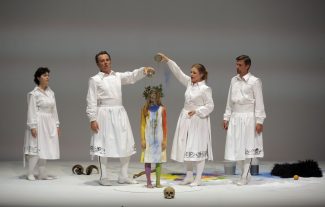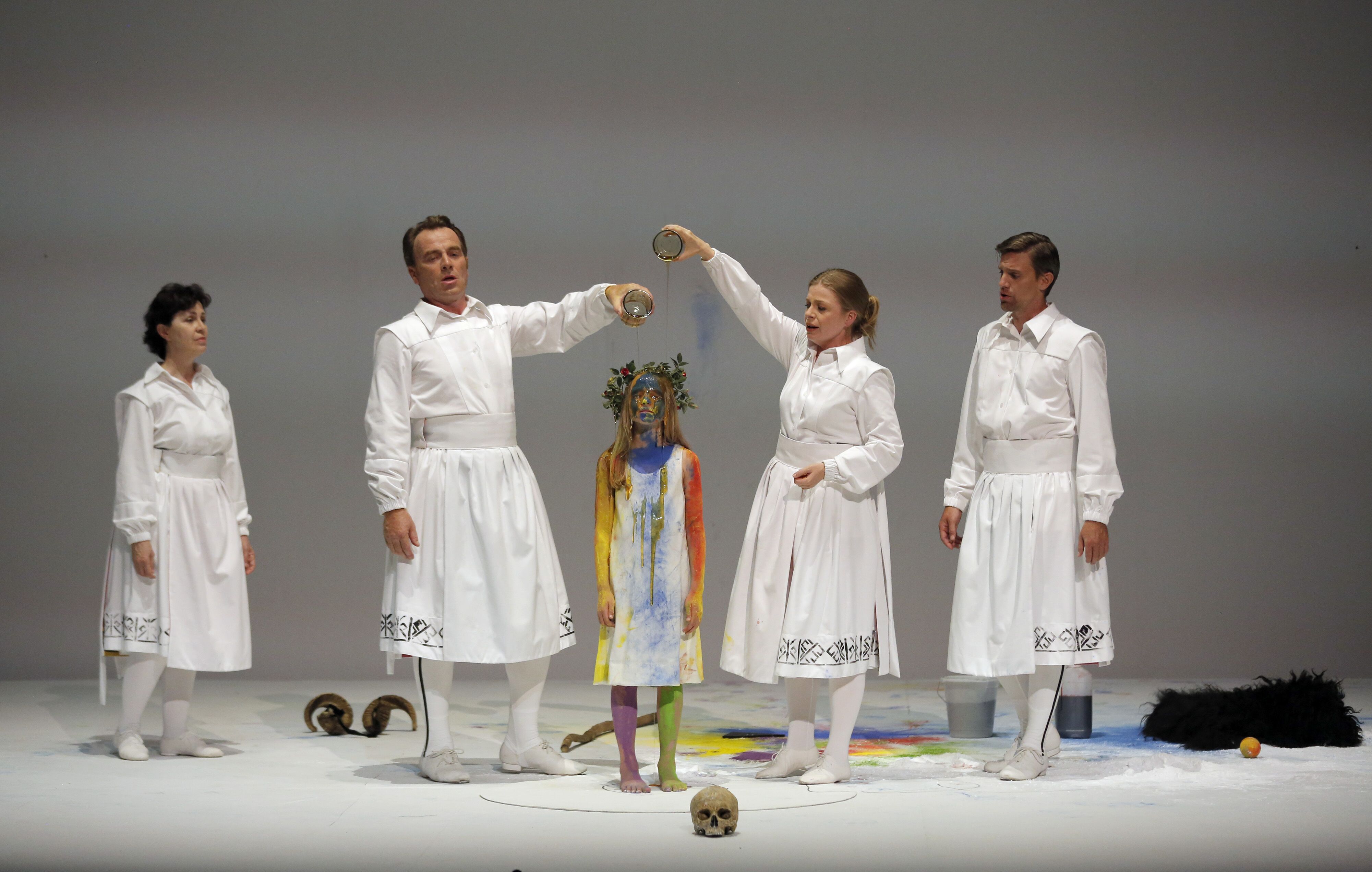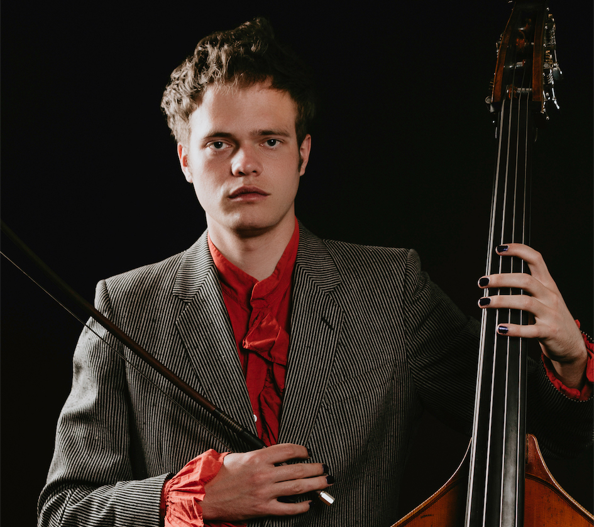Mozart’s Requiem At The Adelaide Festival – Q & A With Siobhan Stagg

Soprano Siobhan Stagg, Australian-born and based in Europe, has the world at her feet. Her career, like her exquisite voice, has soared, taking her to the opera houses and concert stages of Europe and the UK, with engagements across the Atlantic and numerous returns to sing around Australia. She performs in Romeo Castellucci’s controversial but captivating production of Mozart’s Requiem which will be the centrepiece of the 2020 Adelaide Festival. This production premiered at the Aix-en-Provence Festival in July 2019. SoundsLikeSydney was in the audience for that production and this week, caught up with Siobhan Stagg as she prepares to reprise this role in Adelaide.

SoundsLikeSydney: What is your take on Castellucci’s interpretation of Mozart’s Requiem?
Siobhan Stagg: It’s a colourful production that sticks with you, continuing to unravel for days after seeing it. Castellucci pointed out early on that while we consider any Requiem a Mass for the Dead. It is really created for those who are left behind as a source of solace and comfort. Castelluci uses myriad symbols and stylised rituals to celebrate what it means to be alive, and to reflect upon our impending mortality. He also comments on ideas of extinction, both literally and metaphorically. Audiences reacted strongly night after night; it’s thought-provoking and deeply moving.
SLS: How have you incorporated your understanding of his production into your performance?
SS: Castellucci prefered to let the strong visual images speak for themselves and allow the audience to interpret them in their own way, rather than having us ‘act out’ a designed narrative. We weren’t required to ‘interpret’ the ideas or demonstrate particular emotions. Rather our task was to sing our hearts out, dance and express ourselves purely – without hiding behind ideas of character. This simplicity of intention brings a raw honesty to the performance.
SLS: Did you anticipate having to dance as well as to sing?
SS: The dancing was a surprise for most of us on the first day, however opera singers are used to being asked to try unusual things. I once had to have karate lessons for an opera role! The dancing was actually a lot of fun and helped keep us fit over the summer in France.
SLS: Will the production be modified in any way for the Adelaide performances?
SS: As far as I’m aware, the production itself will stay exactly the same – the sets, costumes, choreography, music and rhetorical ideas. Some of the personnel are new: the orchestra and conductor for example – Adelaide Symphony Orchestra and Rory McDonald – as well as a chorus of talented Australians. I’m sure they’ll bring a new vitality to the piece. Another difference for us will be the pitch – I think it will be played with modern instruments in Adelaide (tuned around A440) as opposed to the slightly lower A430 we did with period orchestra Pygmalion at Aix-en-Provence.
SLS: What was the mood backstage on the night the massive storm broke in ‘Aix’ putting the performance in jeopardy, eventually delayed by 90 minutes to an 11.30 pm start?
SS: There’s an excited tension before any premiere, and when the rain started that evening, we had to put our energy ‘on ice’, so to speak. It’s an open-air theatre in Aix and we weren’t sure when the rain would stop, so we had to stay warmed-up and ready to start at any moment, while making sure not to use up all our energy too soon. It can’t have been comfortable for the audience to wait so long, but they seemed to heartily appreciate the performance nonetheless, despite the late start. Other days it was extremely hot, and the dressers kindly slipped us wet towels to put on our foreheads between movements to avoid overheating.
SLS: What is it like performing in the historic Théâtre de l’Archevêché?
SS: There’s a really wonderful atmosphere in this historic venue, and indeed at Festival d’Aix en Provence in general. They’ve set up a stage and auditorium in what was the courtyard of the old Bishop’s Palace: an open space, huge stone walls which provide a great acoustic and theatrical mood. The admin team have their offices in the surrounding buildings, looking down into the courtyard, which means they can watch and listen to our rehearsal process. It’s in the heart of beautiful Aix-en-Provence, a typical French town with gorgeous winding streets and cobblestones. I loved being there.
Shamistha de Soysa for SoundsLikeSydney©



